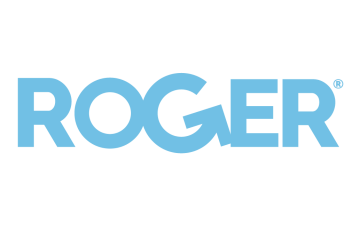Nowadays, our society is facing many social and environmental problems: political and economic upheaval, growing income inequalities and climate emergency. The list goes on and on, meaning that governments should not overlook these challenging problems while developing new policies and setting national priorities. Policymakers and economists often treat GDP as the main metric of a nation’s success, but does GDP alone provide a sufficient understanding of all drivers that influence sustainable economic growth?
GDP still remains the critical indicator of economic performance. However, global-wide experts acknowledge its limitations in the assessment of national welfare and social progress. GDP measures the output of all of our work, but it says nothing about the positive or negative effects created in the process of production and development. As an example, GDP doesn’t account for generated emissions, health problems or deforestation caused by manufacturing. It also fails to capture the distribution of income across society and the broad range of well-being attributes such as education, work-life balance, and social connections.
Growth in GDP matters, but it is not all that is important and it should not be pursued at all costs, especially in the context of the modern economy. Indeed, when measures of development take into account a society’s quality of life, actions of economic system participants are getting more aligned with true citizens’ values and current national and global issues. Shifting priorities toward measurement of well-being is a huge step that will definitely drive political focus and public activity. Actually, a number of countries have already started doing it.
In attempts to measure Gross National Happiness and UNDP’s Human Development Index (HDI), countries are trying to develop their own indicators of well-being. For instance, India created an Ease of Living Index to track the quality of citizens’ life across the country as well as economic ability and sustainability. The Netherlands, Sweden, and France have implemented well-being indicators in their monitoring and reporting processes.
However, simply tracking these indicators will not bring significant changes within a system as GDP still continues to be the focus. But 3 countries – Scotland, Iceland and New Zealand – supported the attempt to place the well-being approach at the heart of their economic strategy. They established a new network called the ‘Well-being Economy Governments group’ with a goal to create a collective well-being policy. This group intends to build economic system where population is happy and healthy, not just wealthy. Thus, in 2019, New Zealand has published its first Well-being Budget with mental health at its heart, while Iceland is leading in equal pay, childcare and paternity rights.
The business world also emphasizes the importance of well-being focus. For instance, when thousands of CEOs from 119 counties were asked about their most important measure of success in 2019, the number-one answer was “impact on society, including income inequality, diversity, and the environment”.
It shows that well-being is broadly established in not only government policies but business-practices, enhancing the role of Corporate Social Responsibility and Human Resources Development in a company’s strategy.

0 Comments